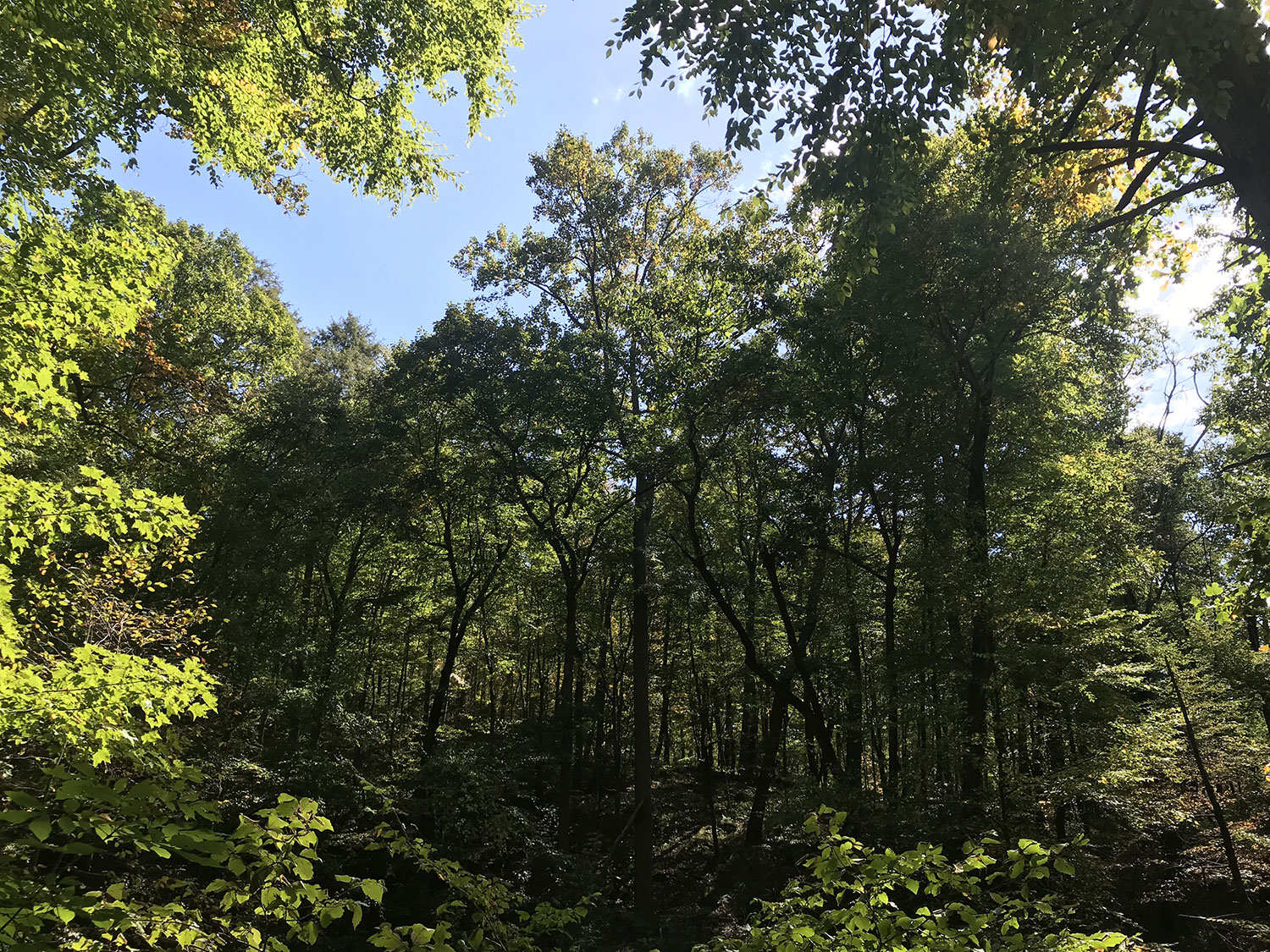One particular issue that has divided political and cultural interests is land conservation. This is especially relevant for those who are potentially affected by hydro-fracking proposals in New York State and Pennsylvania, or those living along the proposed route of the Keystone XL pipeline. Essentially, there are three basic questions that frame this discussion: how important is it, who is responsible for it, and how do we pay for it.
At its most basic level, land conservation is a collective responsibility. This suggests, then, a role for government in providing the mechanisms through which conservation is possible. Once we accept this point, we must also recognize that the issue becomes one of politics. If government is charged with providing the mechanisms and policies for land conservation, then the path must inevitably wind through the democratic process.
Land preservation plays a critical role in the future of our local and regional environment. Today’s conservation movement is very broad and dynamic, including everything from activism to save ocean and river environments, to land acquisition for sensitive desert lands, to the use of federal programs for easements to keep farms in production, and local organizing to create urban parks and community gardens.
Local and regional major activists are working to advocate for policies and funding to advance conservation, also they are often working in creative partnerships with state and local organizations and agencies. Many of them have regional offices and can provide technical assistance for local protection efforts.
While land conservation is funded by a complex combination of public and private investment, the overall contribution falls short of meeting habitat conservation and wildlife protection needs. In the gap between personal liberty and collective responsibility lies the solution to proper land management and this is where a more comprehensive message is needed regarding the economic and moral benefits of collective conservation efforts.
In a private property, ownership-based society, we all too often misconstrue the benefits of collective responsibility for the preservation of the landscape. Personal liberty can trump environmental concerns in regards to determining zoning restrictions or allowing commercial development on public lands. Too often, wildlife fall victim to personal liberty as private owners choose to develop their land to supply goods for public consumption or sell it outright for similar purposes. Moreover, these are not simply localized challenges.
In considering the overall benefits of land conservation, researchers and policy- makers tend to agree that the continued degradation of remaining natural habitats for private gain is eroding human welfare. Thus, retaining as much wilderness as possible through sustainable use, conservation, and compensation for resulting opportunity costs makes overwhelming economic and moral sense.
Nobody understands your impulse to save the places you value like others right in your community, who enjoy them every day. To work with conservationists to save important resources, there are a range of local relationships worth building. Agricultural extension programs and farm bureaus are important resources for saving working lands. Get to know your local conservation commission, an agency of municipal government that usually deals with wetlands regulation and other protection issues, and that may have access to state or local funding for resource conservation.
Nature centers and preserves provide education and experience with the wonders of the outdoors, and their staffs are often very glad to deepen their programming and interpretation with good information on how history shaped an area.
Be aware that in addition to traditional land trusts, your community or region might be served by other related types of organizations, including community land trusts (often created to work on the need for affordable housing, but sometimes with conservation in their scope), agricultural land trusts, watershed organizations, and parks, gardens, greenways, and trails organizations.

